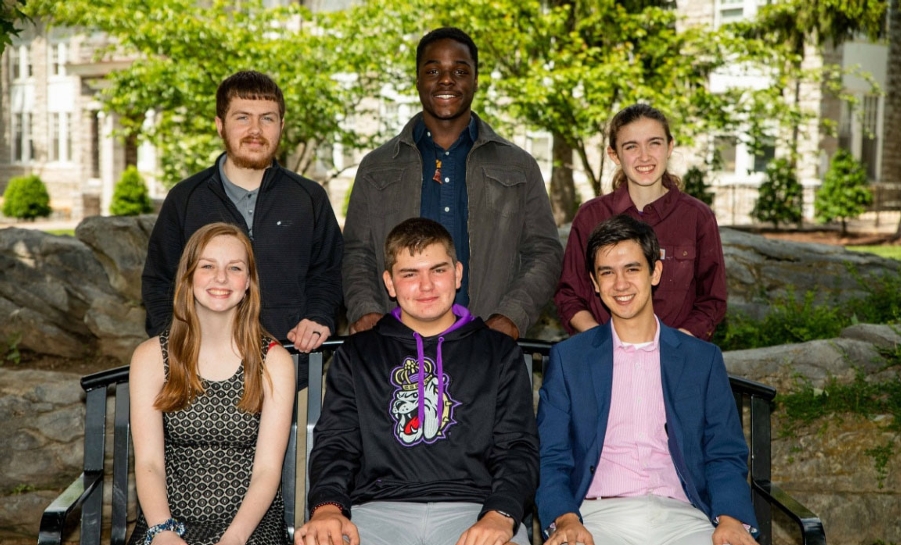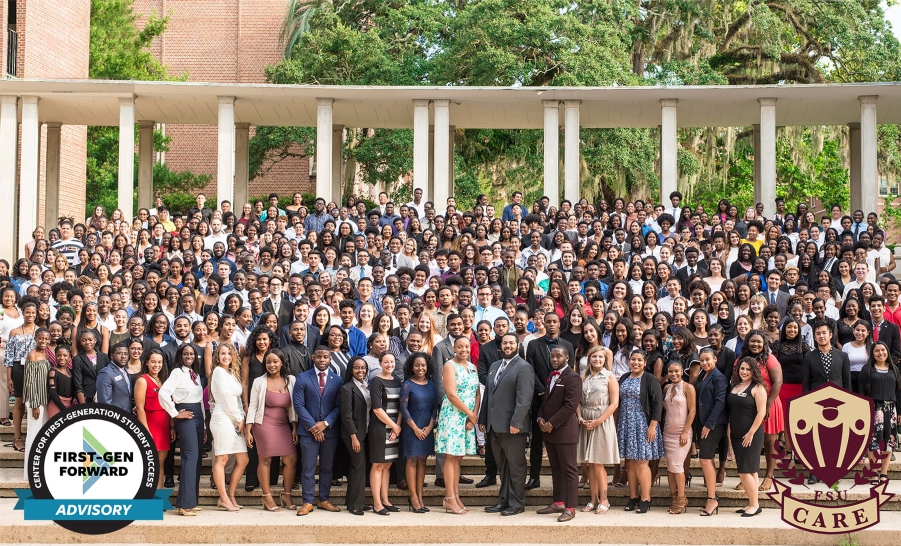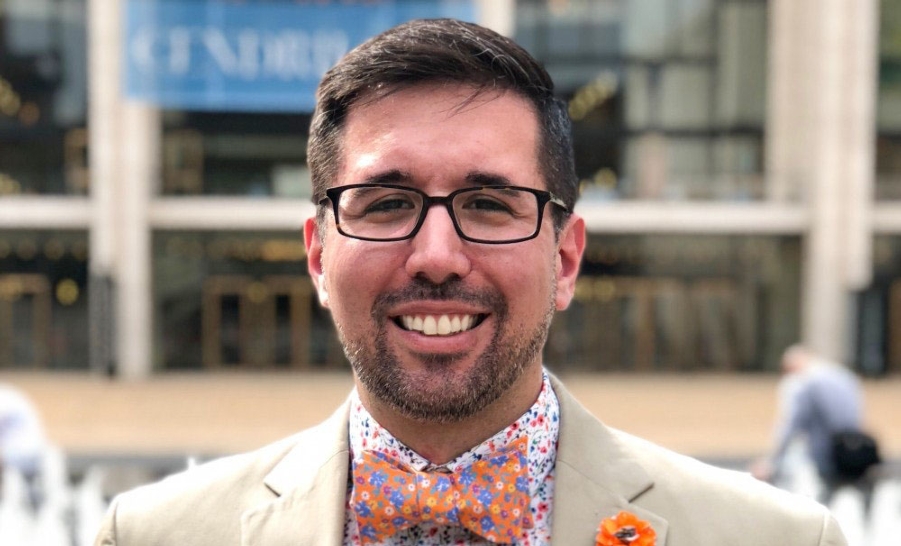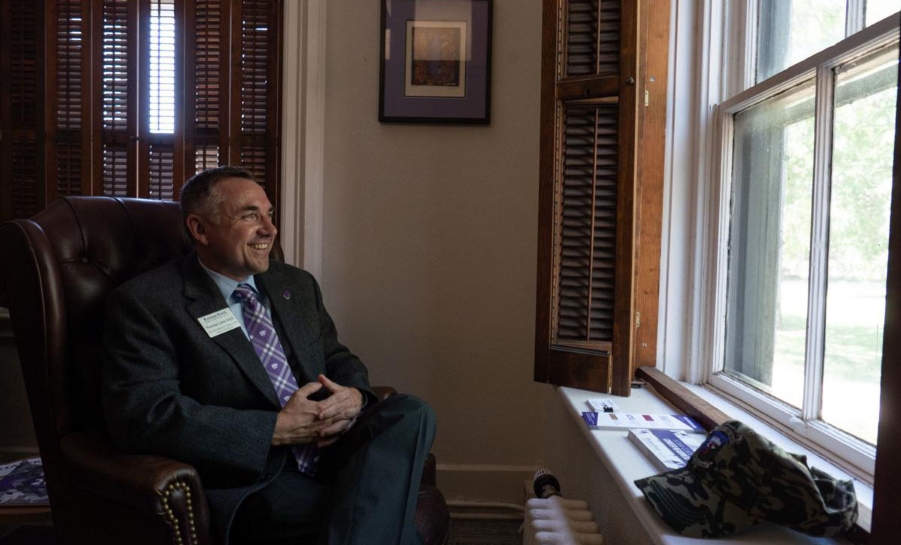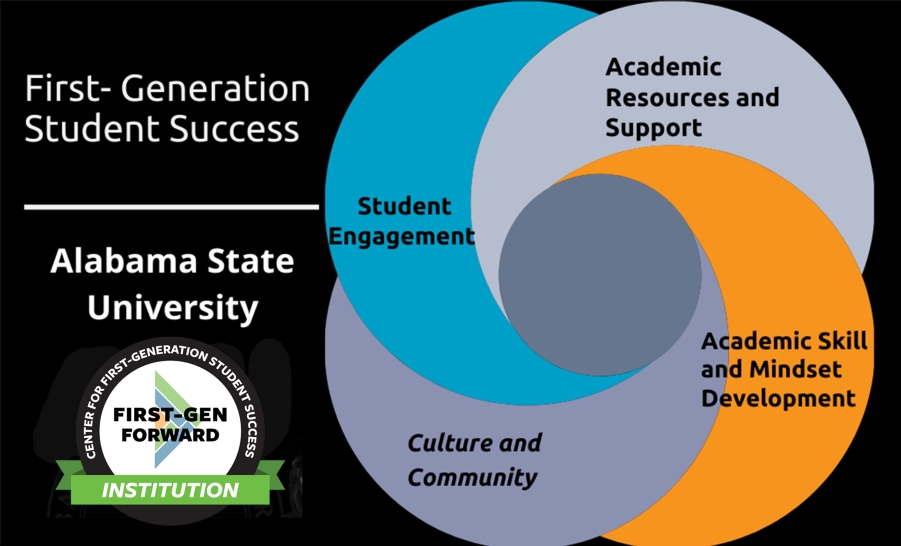Virtual First-generation Student Focused Peer Mentoring Programs
Venus Tamayo, M.S., California State University Channel Islands / FirstGen Forward / September 09, 2020
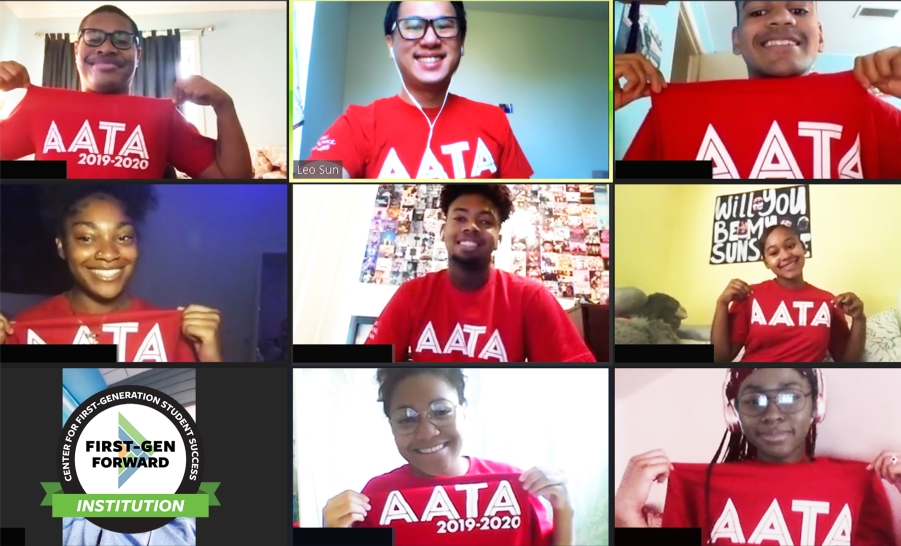
“How do we keep students engaged in this virtual environment? What resources do we have to make this happen?” These are and continue to be some of the questions on a lot of our minds this year. For those of us in Student Success Programs at California State University Channel Islands (CSUCI), our answer to these questions was our peer mentors.
Peer mentors continue to be one of the biggest assets in our area for getting students engaged and keeping students motivated through their educational experience. Our area hosts five different peer mentoring programs, employing 19 peer mentors, and serving 152 students this academic year. These peer mentors assist students in navigating the “hidden curriculum” of being a college student. In many cases, they are the first point of contact when students need to find resources, understand university procedures, or the first step in building their support network at the university. With 59% of students being first-generation, our university is committed to providing targeted outreach and support for students to achieve their educational goals and be the first in their families to earn a bachelor’s degree. Below, you will find a description of each peer mentoring program and a small description of how our peer mentors will continue to engage students virtually this academic year.
Student Success & Outreach Programs (SSOP) - Peer Mentoring Initiatives
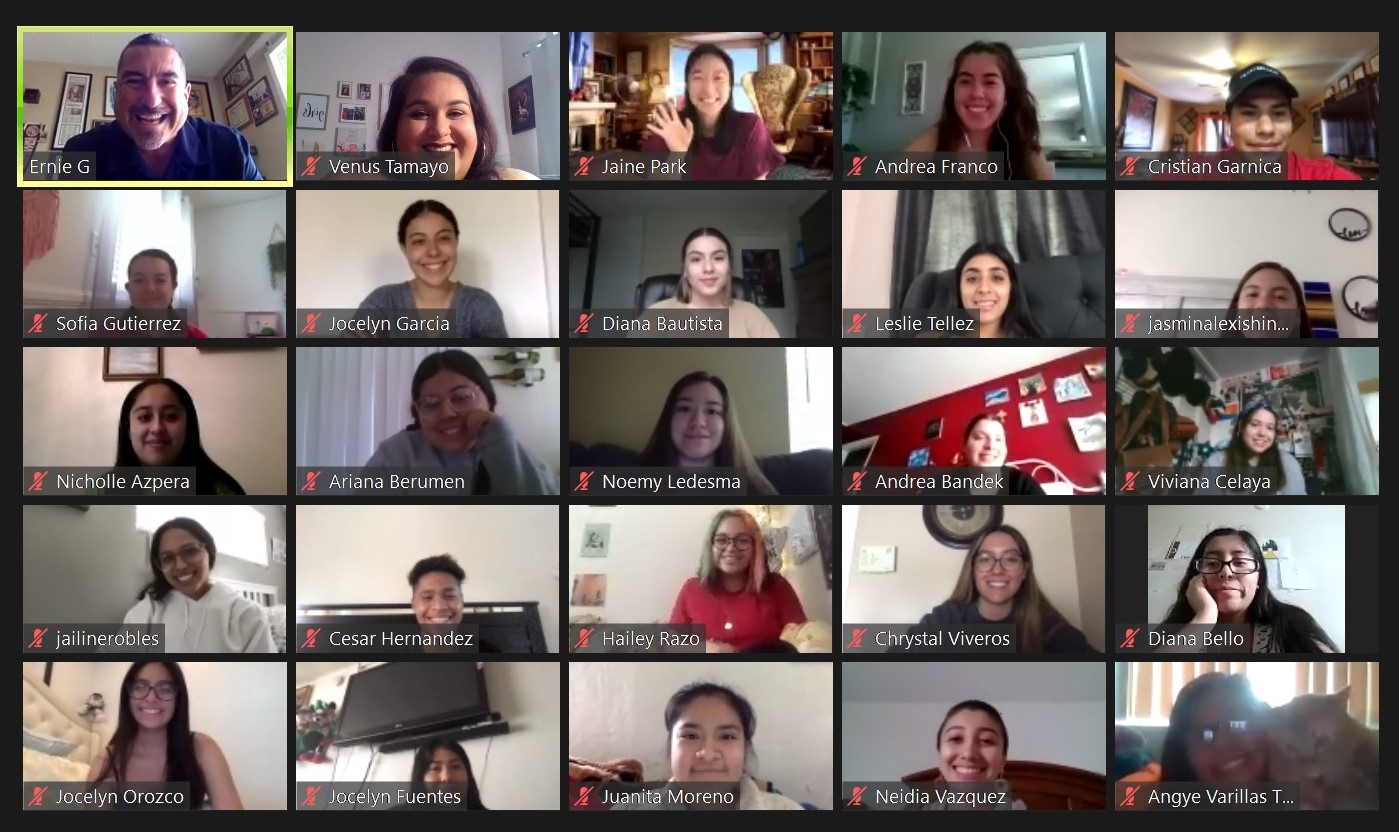 African American Transitions Academy (AATA)
African American Transitions Academy (AATA)

The AATA program aims to assist first-year African American students at CSUCI with their high school to college transition. This program kicks off with a summer academy that provides nine students the opportunity to build their social and professional networks, tools to successfully navigate college, and a support system of peer and faculty/staff mentors. It continues into the academic year with year-long programming and support. The AATA program works in partnership with the Pinkard Youth Institute. We also encourage attendees to register for the Bedford & Dr. Irene Pinkard Living-Learning Community to promote community development. Each peer mentor meets virtually with AATA students, on a bi-weekly basis, to check in with them and provide them necessary support. These mentors also send weekly communication regarding campus life and updates, coordinate monthly social activities, and record a podcast about their college experience and relevant topics.
Educational Opportunity Program Summer Bridge (EOP SB)
The Summer Bridge (SB) program is a transition program for first-time freshmen in the Educational Opportunity Program (EOP). The program aims to provide students with the needed support as they transition and prepare for the rigors of university work. This year, Summer Bridge consisted of a four-week virtual program; fifty-five students participated in activities focused on mathematical skills, academic writing preparation, campus resources and services on campus, leadership development, academic advisement, and peer mentoring. Students benefit from personalized attention, individualized instruction, mentoring, and accessibility to campus resources. To help students build meaningful connections and strengthen our EOP community within our campus, our peer mentors play a crucial role. As one of this year’s SB participants said, “The most helpful part about the EOP Summer Bridge Program was the relationships I built with my peer mentor group through the peer mentor breakouts and the support I received from my mentor and counselor.” The peer mentors will continue their mentoring throughout the academic year, meeting virtually with students twice a semester and communicating with them on a needed basis.
Leaders in Educational Awareness Program (LEAP)
University Outreach hosts the LEAP program primarily focusing on educating K-8 students on the importance of higher education by the use of student volunteers known as the LEAP team. This semester with the use of Peer Mentors, known as LEAP Leads, the volunteers will be trained to provide valuable college information to hundreds of K-8 students in our community. This semester our peer mentor program will focus on professional development, personal growth, and university content knowledge. The program currently serves 27 students.
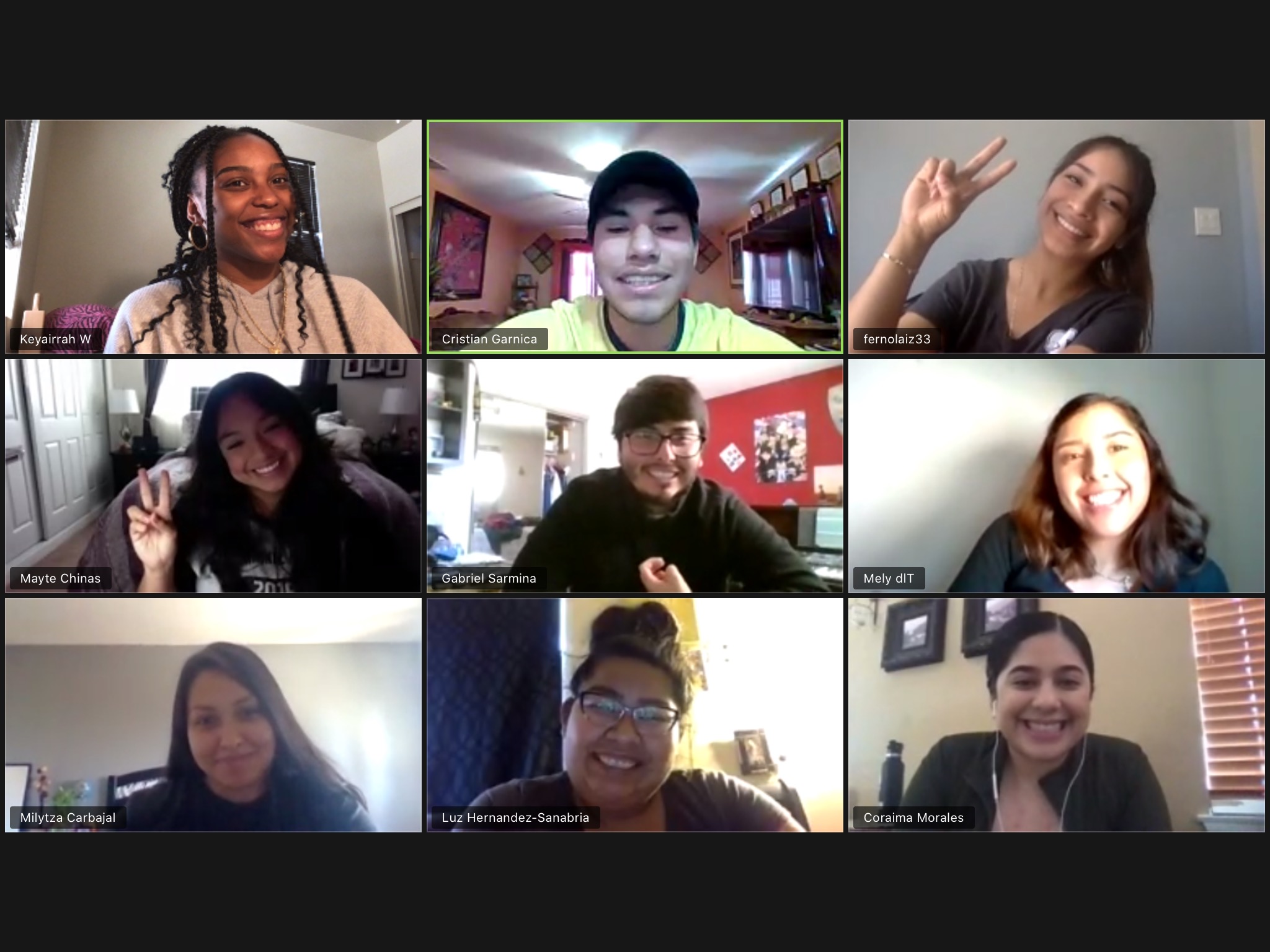 Peer Mentor Ambassadors (PMA)
Peer Mentor Ambassadors (PMA)

CSUCI's Peer Mentor Ambassador Program gives students the opportunity to earn a $3,500 per semester stipend in return for advising and mentoring fellow students. The PMA program is a year-long experience and works in partnership with University Advancement to support first-year students at CSUCI. Earning a stipend, the equivalent of one semester's worth of fees and tuition, eases the financial burden of paying for college, and its ripple effect improves the student retention and graduation rates, thereby turning out more college-educated workers to meet the workforce needs of the region's business and technology employers. Specifically in the area of SSOP, the PMA program works to employ 5 PMAs who support 70 first-year students, enrolled in the EOP and Student Support Services (SSS) programs to provide them additional guidance. PMAs meet monthly with their mentees, host weekly presentations from campus programs and resources, and host social activities and monthly success workshops aimed to address first-year student barriers including study skills, financial literacy.
Summer Transition for Academic Guidance and Educational Success (STAGES) program
STAGES is an orientation program, serving new first-year, transfer, and continuing students in the Student Support Services (SSS) program. The goal of STAGES is to provide participants with a smooth transition to college life and a refresher of campus resources and other skills for success. During STAGES, a one-week virtual program, 61 students attended workshops to familiarize themselves with the resources our University and program offer, participated in self-reflection and identity development activities, and connected with alumni and current student leaders in the program. During the academic year, peer mentors will continue to meet with students on a regular basis, host virtual social/educational events and workshops, lead weekly virtual office hours, and much more!
Conclusion
Peer mentors are key to the success of our first-generation college students in our programs. They are committed to sharing their personal and academic experiences to guide, inspire, challenge and be key individuals in students’ support networks that assist in their academic growth, goal attainment, and overall success as a university student.
For more information on California State University Channel Islands' approach, please visit their website here.

